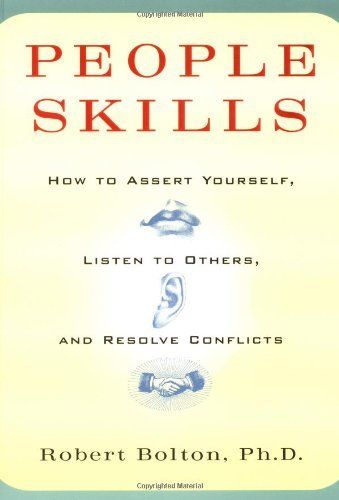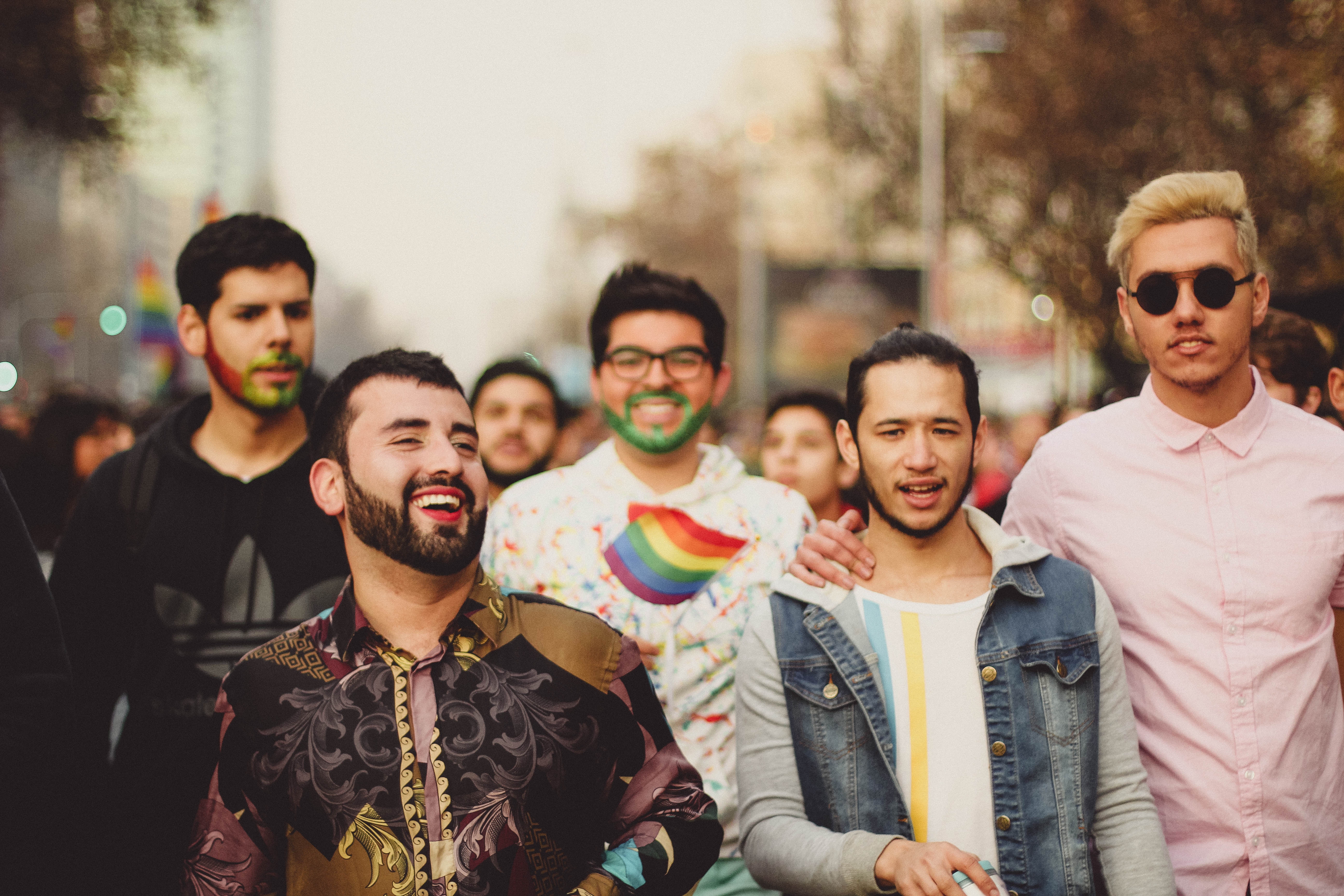Amsterdam,
September 2016
When we first began exploring ethical non-monogamy, Anita and I quickly realised that there were core ideas and tools that would benefit all relationships. We also realised that there were familiar criticisms being levelled at us: not serious, not committed, no idea what love really is…
At play parties and events, Anita and I also found ourselves experiencing contrasting feelings. The freedom of a sex club can be exhilarating, but it is just as easy to feel left out, alone and out-of-place. Too often, the venues have fallen victims of their own success and have become caught up in commercial model where patrons are interchangeable and sex is commoditised. Each individual, couple or group are pretty much left on their own, fighting for their survival in a fray not too dissimilar from your standard nightclub: merely a caravan of male and female stereotypes and their obsession with experiencing the venue as a human hunting ground.
There are some incredible events and people on the scene and we have been lucky to meet some rare, gorgeous and engaging individuals and are luckier still to count them as our friends.
It was after one particularly frustrating night, sitting on the steps of a townhouse along Oudezijds Voorburgwal, that Anita and I envisioned NoMo:Radical relationships (A/N: now known as Alethya). Taken by an almost-religious fervour, we spent the next afternoon sat at a cafe, brainstorming on our recent and past experiences. The “Manifesto of Radical Relationships” was born. It has since become A Guide to Conscious Relationships.
In my opinion, what makes the Manifesto so powerful is that it is a blueprint for success in all relationships: whether with family, friends, work colleagues or partners. It is about conscious choices and actions. It is a set of values that one can use as a support and set if guidelines when things get tough and as a roadmap for furthering a connection.
I hope it will be of use to you as it is for us.
Andrea
Commit to explicit, honest and timely communication
The importance of clear and open communication cannot be over-stated. This means the ability to reflect back, to demonstrate that you are listening fully, rather than just waiting for your turn to speak. As well as the ability to take on-board alternative opinions with an open mind. These are some of the keys to successful communication in all relationships but especially alternative ones where the nature of relationships cannot be assumed. We commit to learning to listen, to learning to communicate as effectively as possible and to sharing and demonstrating these skills so that everyone can benefit.
Understand the importance of curiosity
Everyone is different. There are multiple ways to conduct conscious relationships. There can be as much still to learn, and see, about partners and friends we have known decade as well those we have known for days. The over-lap and the differences are where we learn and where the magical unexpected can happen.
Understand the concept of consent
This is about understanding people’s right to ask as well as their equal freedom to say no, or, not now. It is about understanding that desire cannot be forced or conjured up by your own and that everyone has independent sexual agency.
Commit to keeping myself as healthy as is possible and practising safe sex
Conscious relationships do not dictate or make demands of a person with regards their size or shape or physical ability. Neither do they demand desire where none is. Practicing safe sex and openness about sexual health is key.
Understand that mistakes get made
It is crucial to acknowledge that I, you, and others, will make mistakes. Conscious relationships commit to a culture of forgiveness as well as, when necessary, firmness. They commit to handling mistakes with sensitivity and calm.
Understand that people, feelings and relationships change
Change can be hard to deal with at times, and yet, it is an ever present reality in all things. Accepting (and, ultimately, embracing) impermanence is key to rewarding relationships that are free to grow and develop along their own, natural, routes rather than being forced down a particular, socially determined path.
Understand the importance of community
Conscious relationships understand that they are part of a broader network. They respect the wider and mixed communities of which we are all part. Everyone who is open-hearted and willing to learn is welcome.
Understand the difference between commitment and entitlement
Entitlement is the sense of expecting something back based on past interaction or previous conversations. It is often the basis for relationships and takes the form of a “you do this for me-I will do that for you” cycle of compromise and unspoken expectations. Consciously changing and crafting your relationships means making commitments that are consciously reaffirmed rather than taken for granted. It is about creating and growing and building on a relationship as it is now not as it was then or how you thought it would be.
Always tell the truth
Are you ready to pay the price of systematic lying so as to have it your way at all costs, or so as to keep pleasing the people around you? Do yourself a favour, as hard as it might be at first: honesty, always. Be proud of your choices, defend your work, learn to voice your disagreement and concerns in a clear and appropriate way.
Choose kindness
When things are difficult and they will be at times, be kind to yourself and others. We are growing and developing in different ways and for different purposes. Kindness makes all the difference.



















